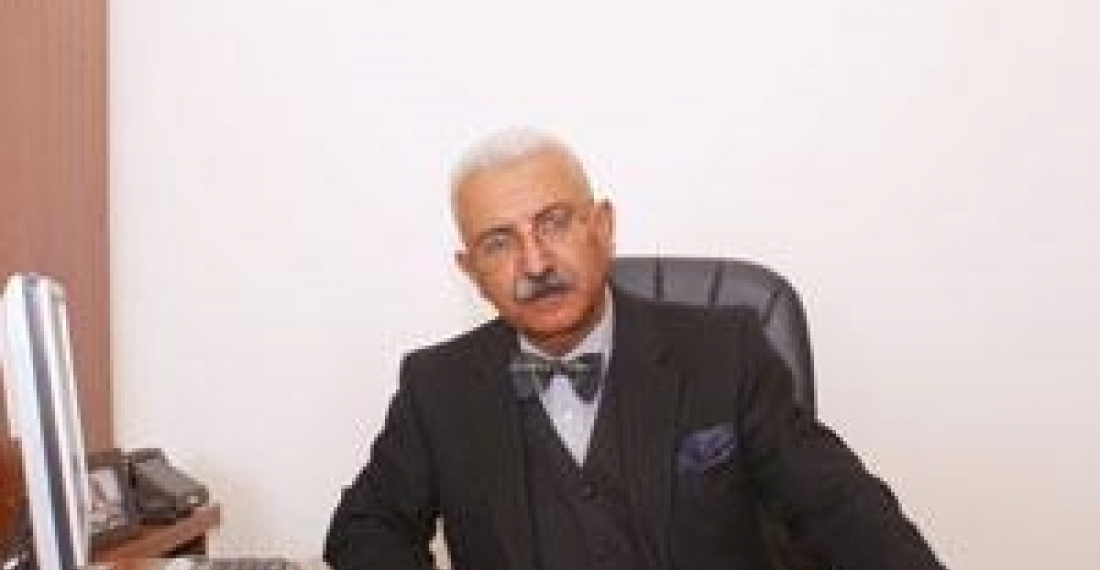In the succession of years the NKR people have become more and more confident in their historical choice, says Hayk Kotanjyan, Major General, Director of the National Strategic Studies Institute (NSSI) MoD of Armenia, Doctor of Science, Politics.
Speaking at the two-day international conference "20th Anniversary of the NKR Independence: Realities and Perspectives" in Stepanakert, Kotanjyan said the opponents of the Artsakh statehood try to conceal the truth and distort the historical facts to down grade the importance of Artsakh's statehood for prevention of the Genocide of Armenians.
"The truth is that the Armenians of Karabakh inspired with the free speech and the policy of "perestroika" ("reconstruction") of the 80s, launched a legal political fight for their self-determination and received the pogroms in Sumgait, Kirovabad and Baku in 1988-1990s. It should be noted that despite heavy testing the Armenians of Karabakh chose the way of legality and democracy. Within the 20th years of their full- fledged life, repulsing the aggression and developing, the Republic of Artsakh has become the best example of legitimate democracy in the South Caucasus," Kotanjyan said.







